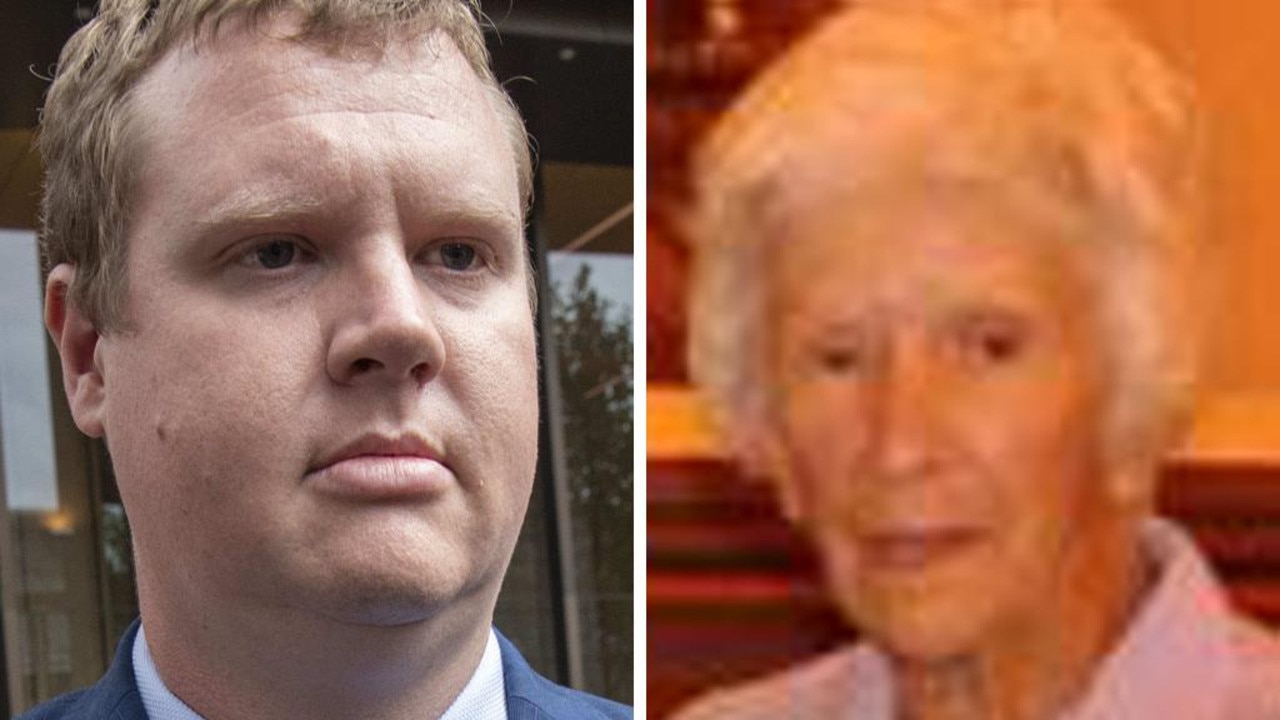‘Left her upside down’: Wheelie bin killer’s chilling confession after leaving ex-girlfriend to rot
A man who killed his ex-girlfriend and left her body to rot upside down in a wheelie bin made a disturbing confession to his cellmate, a court has been told.
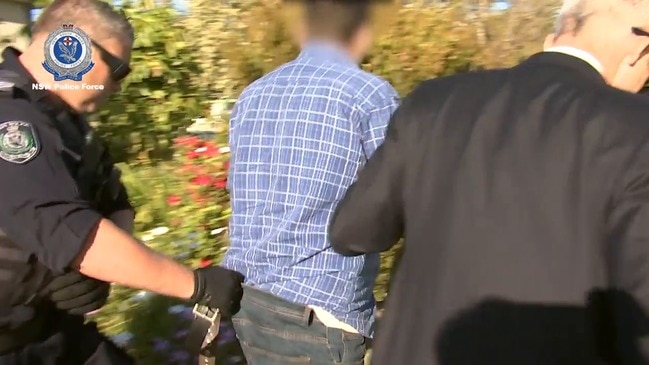
A man who killed his ex-girlfriend and left her body to rot upside down in a wheelie bin confessed to his cellmate about the gruesome crime, a court has heard.
David Bagster, 58, was jailed in 2022 for 11 years and six months after being found guilty of the manslaughter of his ex-partner Valmai “Jane” Birch, 34.
Ms Birch’s body was found upside down with one of her legs tied back inside a wheelie bin half filled with water in the bathroom of her Woonona apartment in March 2011.
She had last been seen alive two weeks earlier by her neighbours, who triggered the discovery of her body when they notified police about the smell emanating from her apartment.
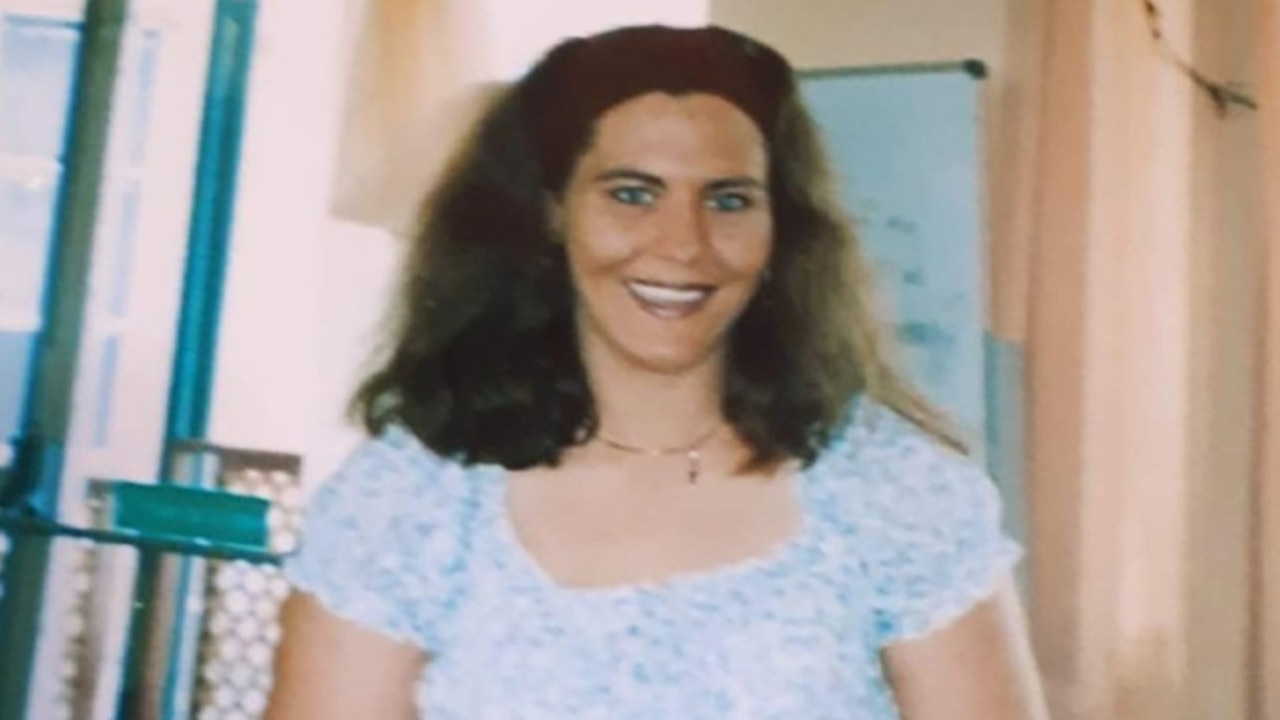
An autopsy was unable to confirm the cause of Ms Birch’s death but suggested her death could be attributed to asphyxia, drowning, strangulation or a drug overdose – or a combination thereof.
Bagster was arrested eight years after the death of his on again/off again lover, but has continued to maintain his innocence.
He argued the jury’s guilty verdict was unreasonable and not supported by the evidence, which he argued provided other reasonable explanations for Ms Birch’s death.
On Friday, the Court of Criminal Appeal dismissed Bagster’s appeal.
Justice David Davies, Justice Robertson Wright, and Justice Belinda Rigg found the evidence demonstrated Bagster was responsible for the unlawful and dangerous act of assaulting Ms Birch, tying her up, and placing her upside down in the wheelie bin so her head was submerged.
During the trial, the jury heard from Bagster’s cellmate, who gave evidence that he asked Bagster directly whether he had “knocked” Ms Birch.
“Yes. I put her in a wheelie bin”, was the response, according to the cellmate.
“I left her upside down in a wheelie bin.”
The inmate said Bagster made the admission in 2021 after his first trial resulted in a hung jury.
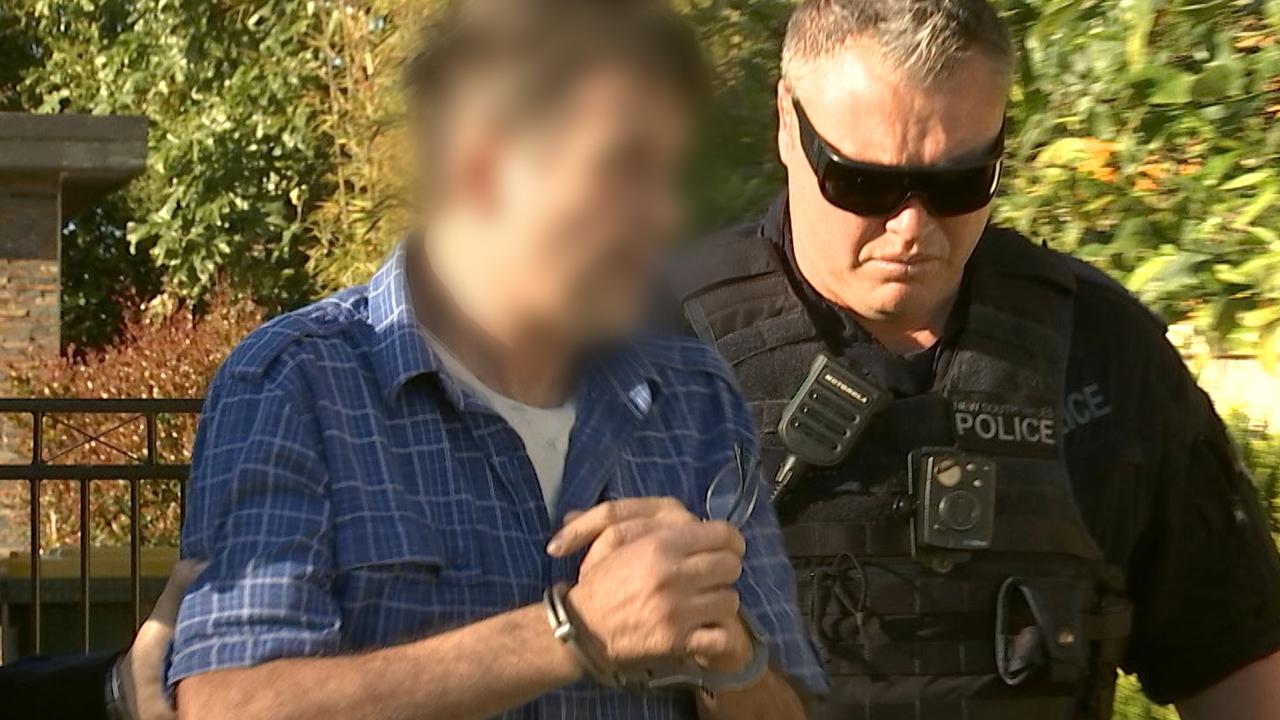
Bagster’s lawyers challenged the man’s credibility, noting he was desperately trying to get bail and he had later altered his notes of his conversation with Bagster.
The panel of Justices determined it was ultimately up to the jury as to whether they found him credible and accepted his explanation that he would have just rewritten the note if he wanted to embellish it.
Bagster had a tendency to be physically violent towards Ms Birch and to tie her up, the prosecution argued in the trial.
A number of witnesses told the jury they had seen her with serious injuries which she attributed to Bagster.
The mum-of-two told one acquaintance he had nearly killed her when he beat her, tied her up, and gagged her for four hours.
In another horrifying incident, she told a friend he had hogtied her while she was asleep and left her tied up for five hours.
Justice Davies, Justice Wright, and Justice Rigg found the “very strong” tendency evidence showed Bagster had lied when he denied being violent towards Ms Birch or tying her up.
They questioned why someone would have placed her body in the wheelie bin upside down if – as Bagster suggested – she had died as a result of a drug overdose.
“The only reasonable possibility was that the deceased was placed in the bin by the person responsible for her death,” the judgment found.

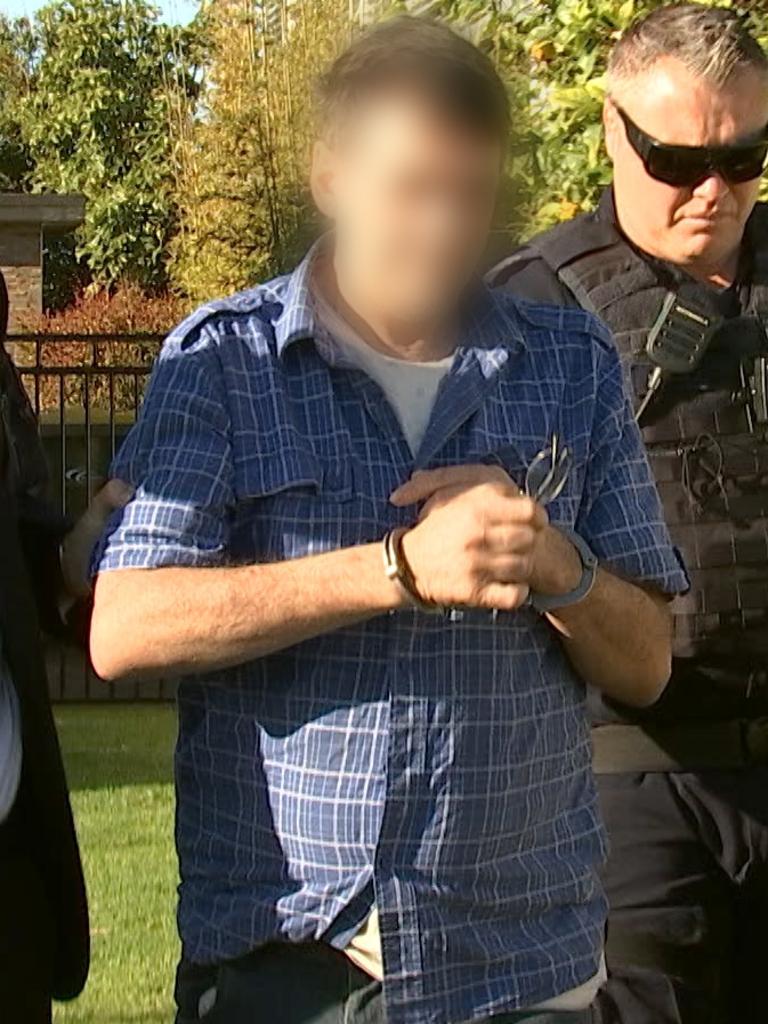
DNA matching Bagster was found on the handles and rim of the wheelie bin, the switch for the ceiling fan, and on an angry letter he wrote on the day Ms Birch disappeared.
“One day when I pay for all your drugs I would love to have some fun with you darling instead of you hateing (sic) me so much and loving every one else in the world except me,” he wrote.
The letter described events that occurred on the day Ms Birch disappeared, including his perception she had ripped him off for drugs and money.
DNA evidence showed it had been handled by Ms Birch, which showed Bagster had lied to the police about not seeing her after getting off a train at Bellambi.
It was “strong evidence implicating (him) in her death”, the Court of Criminal Appeal found.
Bagster will be eligible for parole in September 2027 after serving eight years of his sentence.




